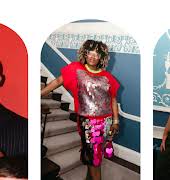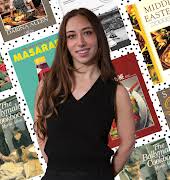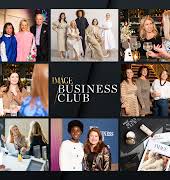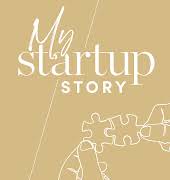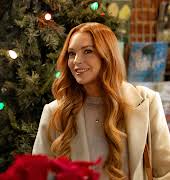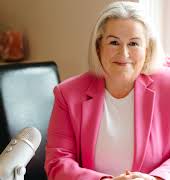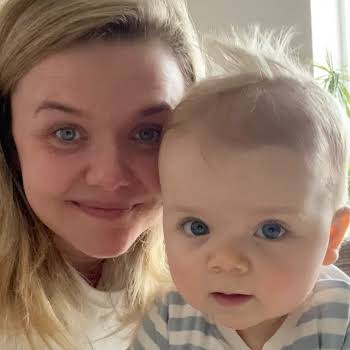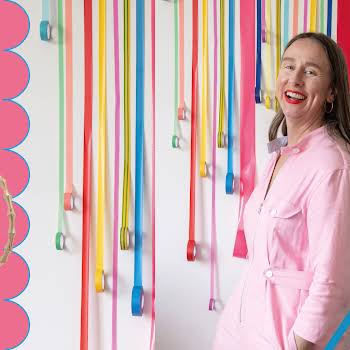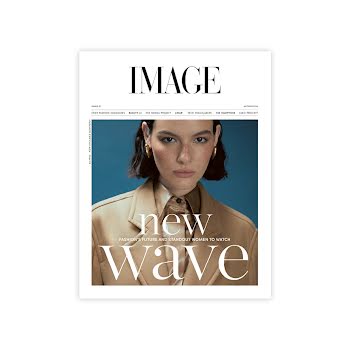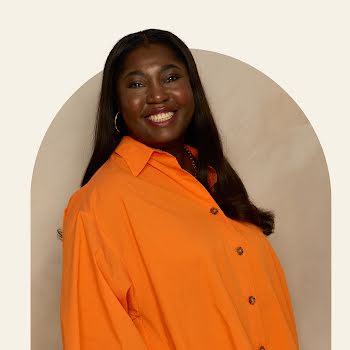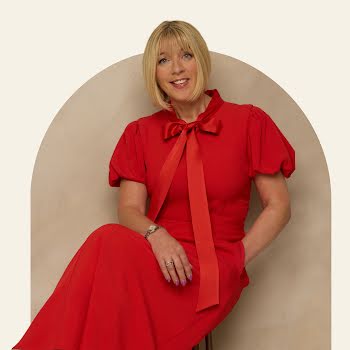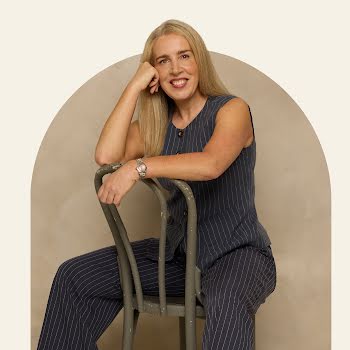By Sophie White
09th Aug 2018
09th Aug 2018
The single best piece of parenting advice Sophie White got was to ditch the How-To Baby guides and learn to trust herself
“Are you doing Gina?”
This was the slightly baffling opener from the woman at the breastfeeding group. I was engaged in the mammary gymnastics that getting my obstreperous first-born to latch on always seemed to require – a maneuver I called the Boob Sandwich. It involved squishing the boob into something resembling a Panini and jamming it into the baby’s face. I seem to remember breastfeeding being called the “most natural thing in the world” but I can only assume this idiom comes with a generous side of sarcasm.
“Gina?” I said looking around the room at the other mothers, many of whom I noticed did not need to manhandle their mammaries in quite the same aggressive fashion. “I don’t think I’ve met Gi…”
“No,no,” came the impatient reply. “Gina Ford, The Contented Baby Book.”
“Ahh…no,” I replied.
“Oh, are you Ferberising?”
Feeling almost as out of my depth during this conversation as I’d been feeling since becoming a mother just four weeks before, I just smiled and nodded with absolutely no idea what I was owning up to. I extracted my boob from the baby and myself from the conversation before any follow-up questions could be leveled at me.
Up until this point, as stupid as it sounds I hadn’t considered the idea that a book might hold the answer to the whole baby problem. I had been in a state of constant firefighting since bringing the mewling, occasionally beautiful but mostly enraged infant home from the hospital. The Man and I paced the floors of our house at all hours of the day and night getting more and more desperate and no closer to finding out just what it was that the baby wanted.
White noise, silence, hoover blasting, heat blasting, house freezing, pick him up, put him down, boob, bottle, bottle, boob, boob, bottle.
The baby book industry is a billion dollar machine cranking out money for the experts and hope to white-faced first-time parents. The Man was dispatched to buy the first book, The Womanly Art Of Breastfeeding. It was the exact shape and size of a phone book.
“What IS this?” I raged, the baby raging along with me. “I would’ve had to start reading this book when I was 11 to have any hope of getting through it in time for motherhood.”
He left again quickly… too quickly, any excuse to get away from his wife and child, each more unhinged than the other in this strange hellscape of new babyhood.
While he was sourcing another instruction manual for the extremely demanding and high maintenance pet we seemed to be in possession of, I leafed through The Womanly Art Of Breastfeeding and hit on a note on babies born via c-section as my son had been.
“Babies delivered by c-section will have little hope of latching to the breast…” was the gist. I was incensed and flung the book down the stairs – the size of the tome was advantageous here as it was very satisfying to throw. I went down the stairs and picked it up in order to throw it again and then burst into tears. And here is why I now, five years and two babies later, believe parenting books to be the work of Satan. At any other time in my life, I would be feeling robust enough emotionally to reject a book telling me something that I knew was too subjective to be so categorical about. However, there in that moment, I crumbled believing the book to be gospel.
The time at which we are poring over baby books is when we are arguably at our most vulnerable. Even the most capable of people lose their confidence in the face of a screaming-round-the-clock baby. Books promising sleep solutions and feeding solutions and baby solutions seem almost a sinister concept to me now that I’ve been parenting a few years. Surely the baby sleep book is almost oxymoronic – some babies sleep, some don’t and it really seems to come down to what flavour of baby you wind up with rather than any exacting instructions from someone who has never met you or your baby.
For a baby book, even the most ‘holistic’ ones, to do what it says on the tin, it must to some extent undercut a parent’s instincts. Unless, of course, the book was really just a pamphlet that said: You do you.
Of course, if ‘doing you’ involves adhering to a detailed chart in a baby book then by all means do you; I know so many parents swear by the Gina Fords or the Ferbers. However, if a baby book dictating routines and suggesting limiting eye contact with the baby is making you feel stressed at just the thought of staying on top on the instructions, by all mean f*ck that book down the stairs.
That day The Man returned to a wall of wailing, mine and the baby’s.
“The book says I’ll never be able to breastfeed,” I lamented.
I could see his slight hesitation in handing over the new book, he’d purchased – another Ulysses-type bible of babies that I wouldn’t have a hope of reading while trying to care for an actual baby.
“They need to do away with this book format altogether and just publish pamphlets on baby maintenance,” I moaned.
A week later my cousin sent me the only baby book I ever recommend to people now: Reasons My Kid Is Crying.
It’s a hilarious picture book of kids crying over the kind of highly specific, arbitrary nonsense that only kids (and okay, underslept new parents) can cry over. It made me laugh and it also made me realise that I didn’t need to be trying to get everything ‘perfect’, that with children things rarely are, and that’s the fun of it.
Photo by Julie Johnson on Unsplash

